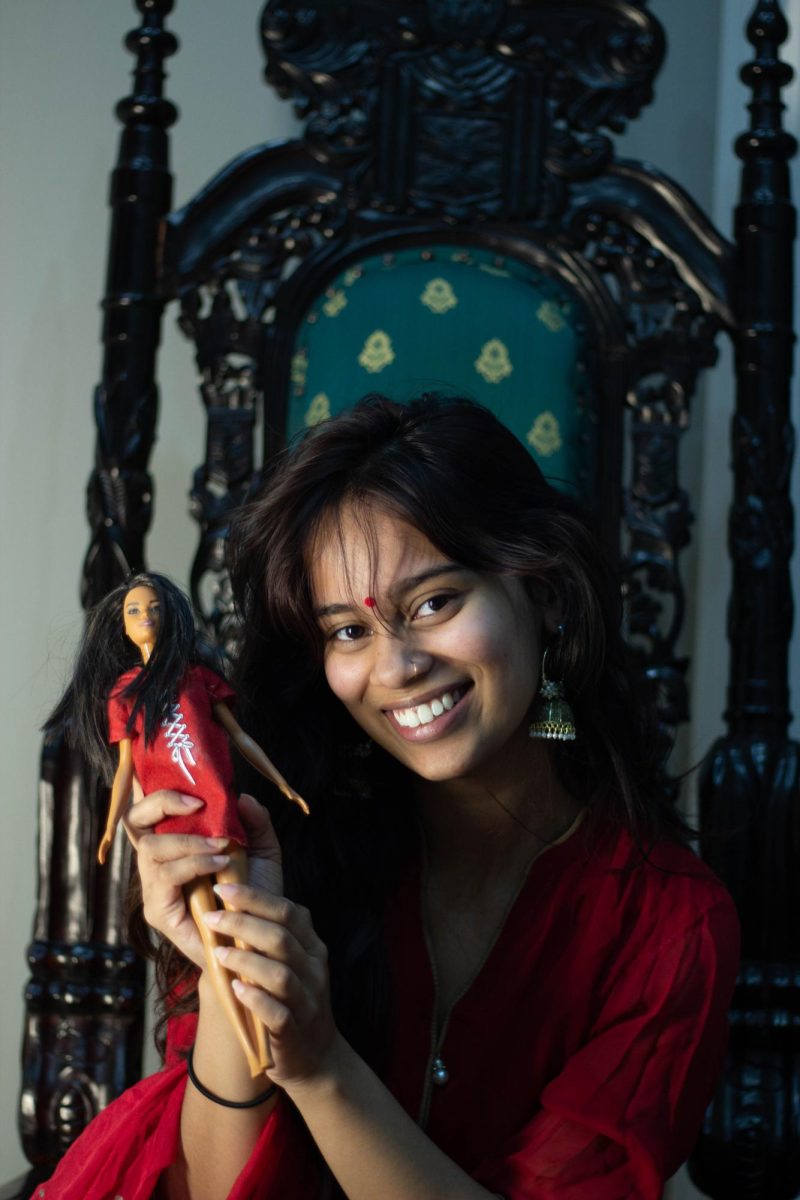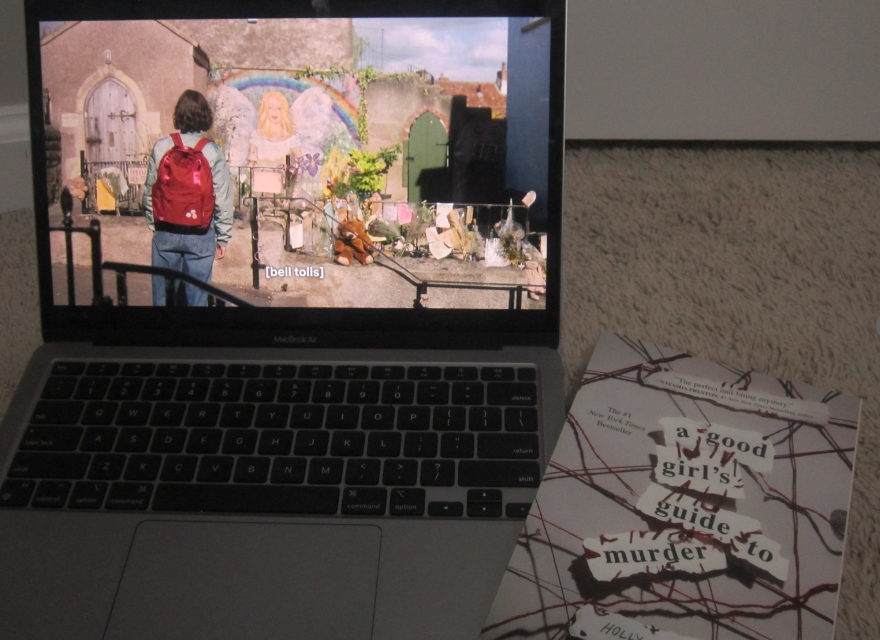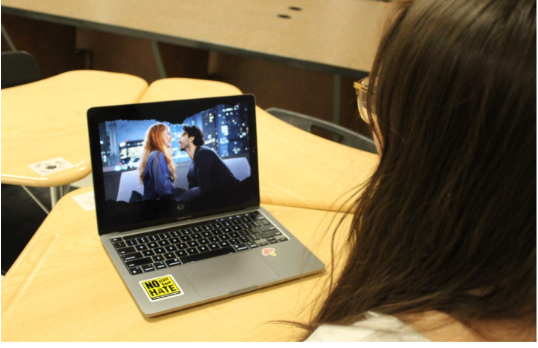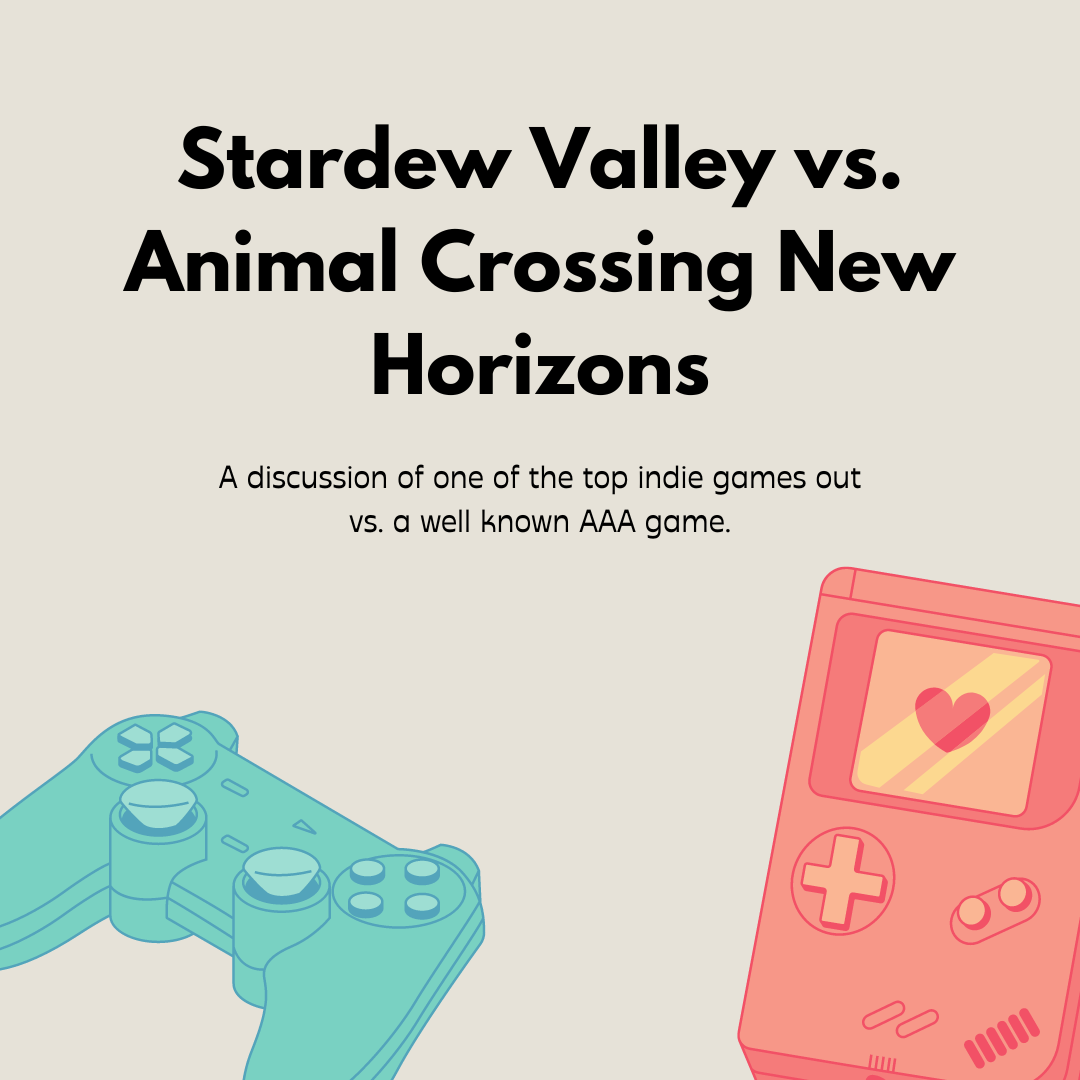What does femininity mean to you? The word itself has been stretched, changed, and evolved continuously for thousands of years, allowing it to take many forms in the hearts of people throughout history. The nuance of femininity, whether you believe it to be a concept or a feeling or something else entirely, is what makes it such a special and personal thing. Regardless of the beauty of it, femininity has become something many people have suppressed. Although this issue is a heavier one, built up over millions of long, exhausting years, we girls have taken a big step on the giant pink staircase of life this summer. With the help and vast popularity of the “She-heroes” of the summer—Beyoncé, Barbie, and Taylor Swift, we’re seeing progress in the sweetest of forms.
Many kids both played with and idolized their Barbies throughout childhood. We brushed their hair, changed their dresses, and made up messy break-up stories with Ken dolls to make playtime more interesting, but there’s no doubt that the world has gained a newfound appreciation for Barbie amid the release of the movie that first hit theatres on July 21, 2023. The movie has grossed a staggering $1.38 billion dollars in the global box office, and Greta Gerwig, the director of “Barbie” and other female-led movies, such as the 2019 adaptation of “Little Women”, now holds the record for the biggest box-office opening for a female director.
Aside from its economic success, “Barbie” is widely celebrated for its inclusivity, diversity, and most of all, its message. The movie features Barbies and Kens of all different races, backgrounds, and sizes. Jeanelle Tweneboa-Kodua (‘24), a student at Patriot, explained what message she thought Gerwig was trying to convey by having such a diverse cast. “Greta Gerwig seemed to be implying that anyone, regardless of race or sexual orientation, can identify with a Barbie when she talked about how she approached diversity reflecting ‘the real-life Barbie.’ Barbie’s motto is ‘You can be anything,’ and I believe that Greta’s use of a diverse cast really helps young and older girls all over the world to believe in this maxim.”
Tweneboa-Kodua also spoke about how displaying Barbie as a character who isn’t just white and blue-eyed hit close to home for her as an African-American teenager, “I never had a Barbie doll in my childhood that looked like me. All of my Barbies had blonde hair and blue eyes and were white. When I saw commercials where Barbie said, ‘You can be anything,’ I never thought she was referring to me. Issa Rae portrays President Barbie in the film. This is something that my younger self would have loved.”
The discussion about whether or not representation/diversity in media is really impactful has been a popular one recently. While some argue that it’s important for people of different backgrounds—especially young people— to feel seen, others feel that this form of representation isn’t as vital as it is made out to be.
Tweneboa-Kodua shared her two cents on this debate and explained what representation means to her, “The only representation I had as a Black girl growing up was in the (2009) film “Princess and the Frog” and even there, Tiana spent the entire time as a frog. For Halloween, I had a very small selection of characters I could dress up as. Young black girls today, however, have a lot more options for how they want to see themselves. They are capable of becoming things I never thought I could—mermaids, fairies, and Barbies.”
Tweneboa-Kodua also went on to evaluate how it felt to share this experience with her younger sisters, “Taking my younger sisters to see black Barbies who resemble them in a movie made them feel seen and heard.”
The concept of women wanting to pass on a positive image of girlhood to the younger women in their lives is something that hits hard for many women because, for a lot of women, the entire concept of being a girl and celebrating girlhood isn’t a singular experience, but instead a collective one. For Tweneboa-Kodua, reclaiming girlhood represents “the unity of women.”
The concept of “reclaiming girlhood” has been everywhere this summer, and it wasn’t just the
“Barbie” movie that ignited this conversation, but also music.
“The ‘girl summer’ was made popular by the incredible tours that Beyoncé and Taylor Swift both had,” Tweneboa-Kodua explained.
Taylor Swift and Beyoncé both had wildly successful tours this summer. Swift’s “Eras” tour amassed $2.2 billion dollars in North America alone, making it the highest-grossing tour ever. Alongside this, Beyoncé’s “Renaissance” tour has amassed $461.2 million as of Aug. 20, 2023, making it the highest-grossing tour for not only any R&B artist but also any Black artist in history.
When asked to describe the “Eras” tour, Tweneboa-Kodua said, “The goal of Taylor Swift’s Era tour was to give girls of all ages the chance to relive both her new and classic eras. Fans could express themselves freely on the Taylor Swift tour without worrying about being mocked by other attendees thanks to its inclusivity and comfort.”
Alexandra DeRose (‘24), a student at Patriot who attended Swift’s tour in May, stated that she thinks what makes Swift’s music so special is that she’s “relatable to everyone’s individual experience.”
“Whenever you’re going through something, you’re able to find a song that explains exactly what’s happening in your life,” DeRose said. “I would say it’s an accurate representation, as she’s always been relatable and we as females are able to connect with that.”
DeRose even elaborated on her personal experience at the “Eras” tour, “Everyone was trading bracelets & interacting with one another, it was a safe, female-dominant environment and everyone was helping each other out.”
DeRose also spoke about the success of Beyoncé’s “Renaissance” tour, “ Similar in a sense to the Eras tour, [the ‘Renaissance’ tour] was a way for females to bond over a shared experience and look up to a female icon.”
While DeRose connects the similarities between these two tours, Tweneboa-Kodua highlighted what she felt was different between the tours, “The Beyoncé tour was a completely different experience. Creating a platform for queer artists and dancers was the main goal of her tour. Ballroom music, which is frequently played in queer spaces, has a strong influence on her most recent album, “Renaissance.”
Tweneboa-Kodua summarizes the impact of the “Eras” and “Renaissance” tours by saying, “The Beyoncé and Taylor Swift tours created spaces where queer and female listeners of music could freely enjoy it,” said Tweneboa-Kodua, “They are GIRL SUMMER.”
“Girl Summer” may have just been a fun-lighthearted experience on the surface, but the reason why it felt as refreshing and necessary as it did, might’ve been because of the much heavier topic it deals with, which is the “fear of femininity.”
For ages, the word “feminine” has been correlated with weakness. The baselessness of the interchangeability of these words is something that is seemingly coming to light more and more. Women all over the world getting excited to dress in pink for the “Barbie” movie, switch bracelets with strangers at a Taylor Swift concert, and scream the lyrics to their favorite Beyoncé song at the Renaissance tour has been a huge step towards women just being proud to be women.
However, many have pointed out that the “fear of femininity” also impacts men too. Tweneboa-Kodua supported this sentiment by stating, “The “fear of femininity” affects both men and women, in my opinion. One of the main demographics affected by this theory is men. Many men have expressed their strong opinions about how the “Barbie” movie is harmful to men since it first gained popularity.”
When tying back this concept to the “Barbie” movie, Tweneboa-Kodua also addressed the critique it received from women as well, “Furthermore, women who claim that the film causes young girls to ‘hate men’ have said that as well. Typically, internalized misogyny and toxic masculinity are the root causes of this anti-feminism sentiment. It is very alarming how little nuance many people have given to the concept of femininity.”
Adding on Tweneboa-Kodua’s sentiment about how little people really know about femininity—it is vital that the world stops running from femininity like it’s some disease being passed to make both people and things “weaker.”
The world has a lot of healing to do, and the day that we recognize as a society that our fear of femininity has caused much more irreversible destruction than femininity itself ever has, we might be able to move forward much stronger than we ever have. But until then, let’s embrace the sentiments of “girl summer” in all the coming seasons to help us rewrite and keep loving our personal definitions of femininity.








